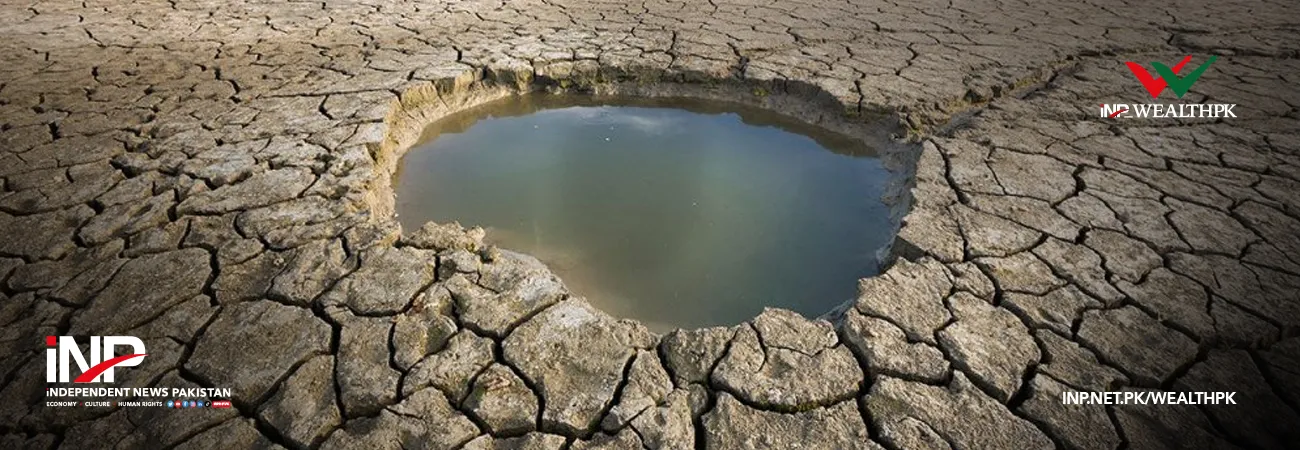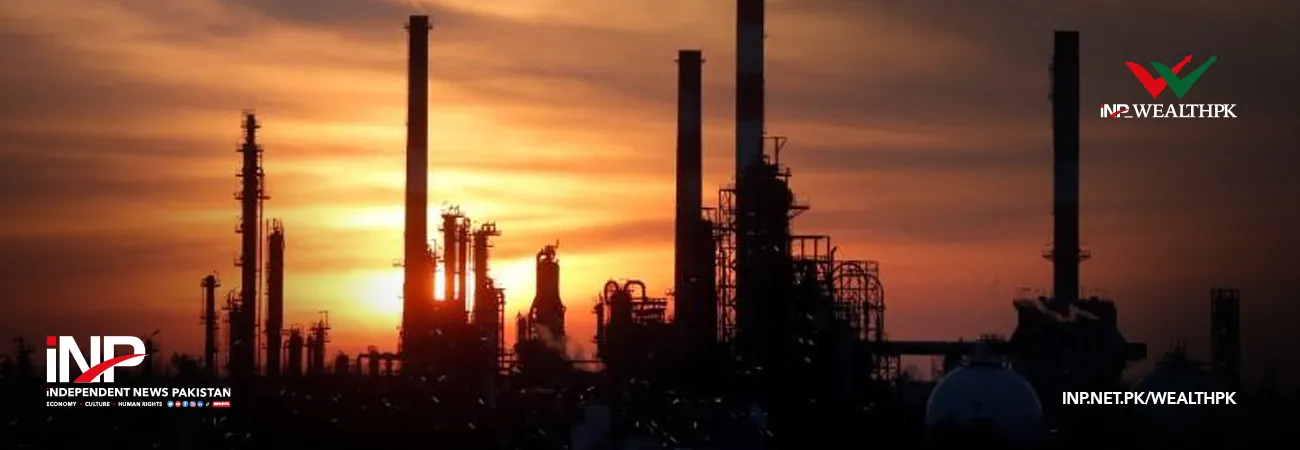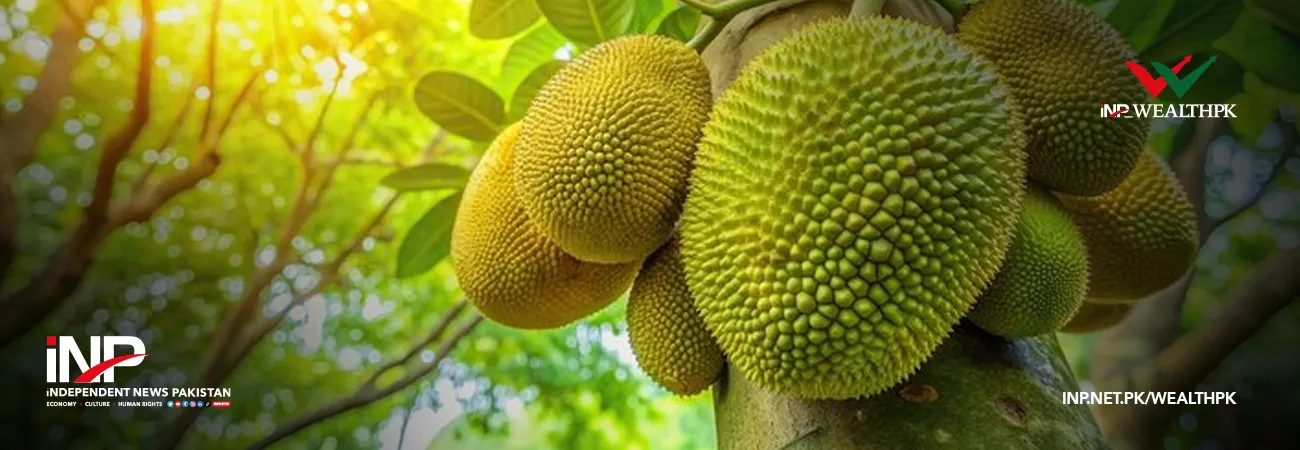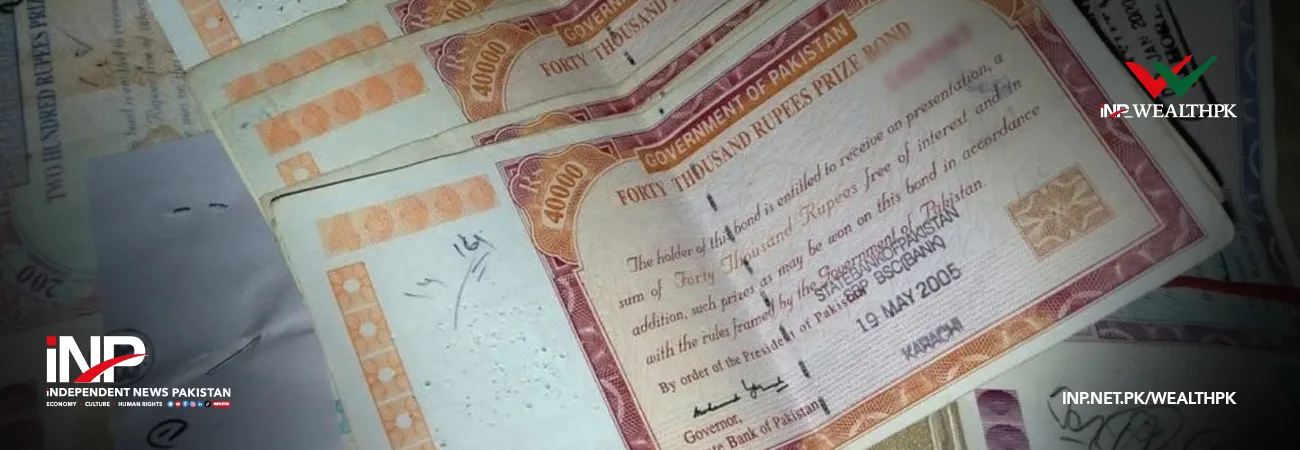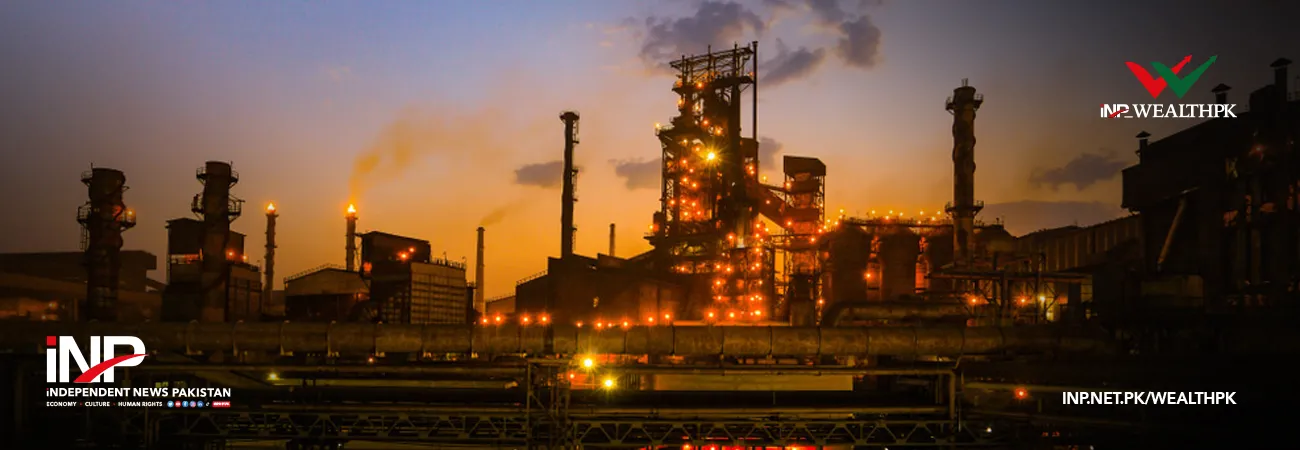INP-WealthPk
Arooj Zulfiqar
Pakistan faces a worsening water crisis, with groundwater depletion becoming a critical concern due to the unregulated extraction. There is a dire need for strict groundwater regulation to address the issue and secure the country’s water future, reports WealthPK.
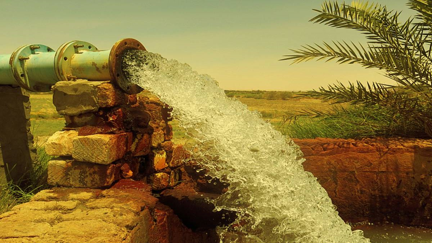
“Uncontrolled groundwater extraction is pushing the supply of fresh water to the critically low levels, making sustainable usage a challenge,” said Miss Saiqa Imran, Deputy Director of Pakistan Council of Research in Water Resources (PCRWR). “Climate change and frequent pumping of underground water are key contributors to this depletion. As the groundwater is extracted faster than it can naturally replenish, we are heading towards a severe water shortage,” she warned.
“Inefficient water distribution and lack of regulation are at the heart of the problem. Globally, Pakistan has one of the largest irrigation systems, yet over 93% of water is consumed by agriculture, with outdated techniques wasting significant amounts,” she said. Miss Imran also pointed out that Pakistan could only store 10% of its annual river water, compared to the global average of 40%. This limited storage capacity has led to excessive dependence on underground water, with overpumping going unchecked due to the lack of regulatory mechanisms, she explained.
She proposed introducing a licensing system for groundwater extraction and a proper pricing mechanism for water use across all sectors. Water pricing incentives can encourage efficient usage, while integrated water resource management can help minimize wastage, she added. She emphasized the need for modern irrigation methods and recycling wastewater to reduce water stress.
Reforms are essential for agriculture, as its contribution to the economy has been declining, even though it consumes the bulk of the nation’s water resources. She also called for private sector involvement and policy adjustments to create a robust framework for water conservation and sustainable usage. Without regulation, Pakistan’s water crisis will deepen, severely affecting agriculture, industry, and households.
Credit: INP-WealthPk



